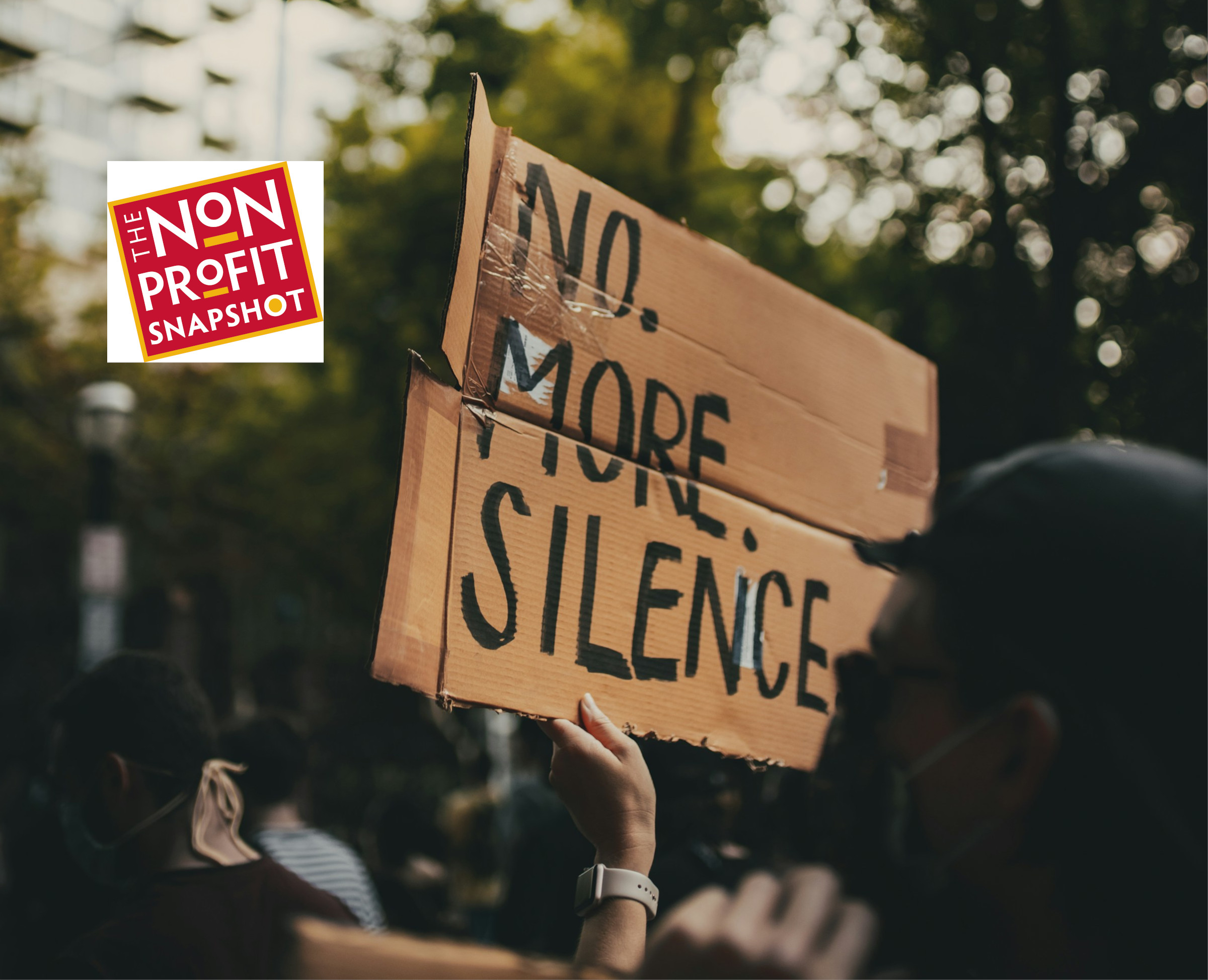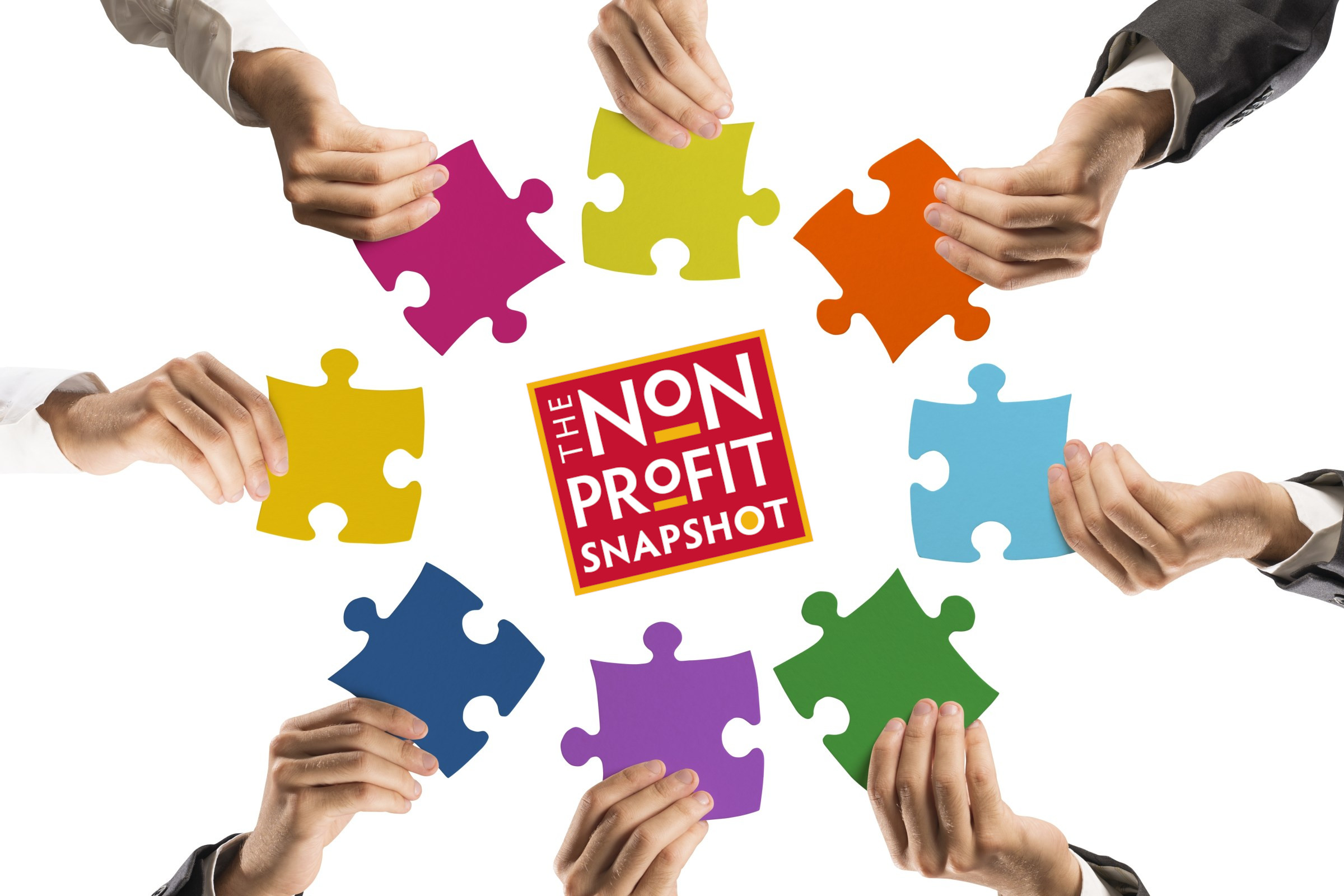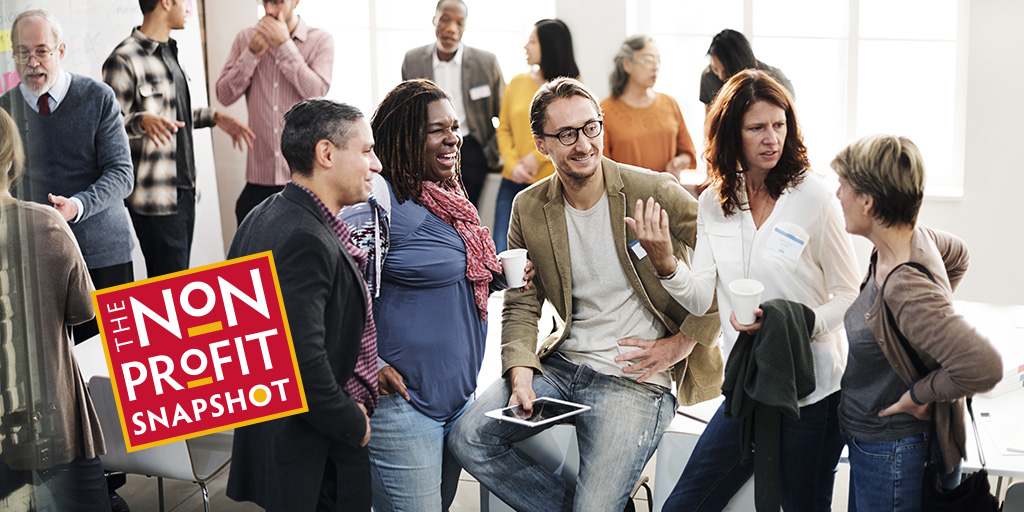The Nonprofit Snapshot
- Contact Us to schedule your Snapshot.
- We’ll schedule a series of short interviews with three key personnel.
- After conducting the interviews and reviewing a few critical documents, we’ll generate and deliver your Nonprofit Snapshot.
Planned giving has a way of dividing nonprofit leaders. Some see it as essential to long-term sustainability. Others see it as something only large universities, hospital systems, or national organizations can realistically pursue.

So what happens when a founder and board president has stepped away in practice, but still controls the organization on paper?

Many small nonprofits find themselves in a familiar position: minimal staff, a supportive but cautious board, limited systems, and no established donor base. Grants haven’t materialized. Marketing budgets don’t exist. And every proposed investment feels risky. If this sounds familiar, you’re not behind. You’re in the earliest and most important phase of building fundraising infrastructure. When you’re starting from zero, the goal is not to launch sophisticated campaigns. The goal is to build a stable foundation. Here’s what that actually looks like.

In an era where digital platforms shape visibility, fundraising, and public narrative, many nonprofits have come to rely heavily on social media. It’s fast, accessible, and often effective. Until it isn’t. Recent events across the sector serve as a reminder of a critical truth nonprofit leaders cannot afford to ignore:social media is rented space, not owned infrastructure.

This post is written for board members navigating a difficult reality:when the board chair’s behavior is actively harming the organization.

Nonprofits play a critical role in a healthy democracy, but they must do soethically, legally, and in alignment with their missions, especially given 501(c)(3) restrictions. Combating authoritarianism and fascism is not about partisan politics; it is aboutprotecting democratic norms, human dignity, and community resilience.

Persistent myths about how grants actually work continue to undermine even strong nonprofit organizations. In a time of constrained funding, heightened competition, and increased scrutiny from funders, relying on outdated assumptions can cost nonprofits both time and credibility. Let’s unpack six common grant writing myths, and what nonprofit leaders should understand instead.

Nonprofit mergers are increasingly being explored as a strategic path toward greater impact, stability, and sustainability. When done right, a merger can strengthen services, expand reach, and create operational efficiencies that benefit communities, donors, and stakeholders alike. But the process isn’t simple. Mergers require clarity, care, and thoughtful planning. Below is a practical roadmap to guide nonprofit leaders through a successful merger.

As 2025 draws toward its close, it’s worth pausing for a moment to recognize what you’ve made possible. This has not been an easy year to lead, serve, or show up for mission-driven work. The political climate has been noisy, unpredictable, and at times discouraging. But even in this political environment, nonprofits have continued to do what they do best: meet real needs, build trust, and keep communities moving forward.

Stepping into a new Executive Director or CEO role at a struggling nonprofit can be disorienting. On paper, the organization looks functional. In practice, morale is low, trust is thin, and everyone seems exhausted by problems no one talks about directly. If that’s what you’ve inherited, you’re not alone, and you’re not doomed.

Founder’s syndrome occurs when a nonprofit’s founder struggles to let go of influence or control after stepping out of a leadership role. It’s not driven by ego alone. It often stems from love, fear, and identity. The founder’s sense of self is closely tied to the organization’s success, making it difficult to release the reins even when it’s time for others to lead.

Every so often I hear the question:“I love development, but I hate making asks. Where does that leave me?”

Small nonprofits are the backbone of community care. They’re often faster, closer to the ground, and more trusted by the people they serve. Yet when crisis funding becomes available, many small organizations watch the dollars flow to the largest, most well-resourced institutions.

If you work in development, you don’t need anyone to tell you the job has changed. Expectations have gone up, resources have gone down, and stewardship, arguably the heart of sustainable fundraising, often gets pushed aside in favor of chasing the next dollar. Many fundraisers describe feeling like an ATM with a pulse.

When a nonprofit hires paid staff, especially development professionals, the board’s Fundraising Committee faces a new challenge: staying helpful without getting in the way. The line between governance and operations can blur easily. It’s tempting for well-meaning board members to step in and “help” with staff duties, but that can create confusion, frustration, and even slow the work down.
So whatshould a Fundraising Committee do when the organization already has a staff-led development program?

A 501(c)(3) just lost its fourth remaining board member, leaving three to remain, the base requirement. The board recently voted to dissolve the nonprofit and wind-down operations. The organization is currently tapping into its reserves. One of the remaining board members asks:

One of the most persistent and polarizing conversations in the nonprofit world revolves around compensation. How much should nonprofit professionals be paid? And how does that compare to salaries in the for-profit sector?

The 2025 federal government shutdown isn’t just a headline, it’s playing out in nonprofits across the country as delayed grants, stalled contracts, and rising community needs. For organizations that rely on federal funding or partner with government agencies, the implications are serious. The good news: many nonprofits aren’t just waiting. They’re actively adapting.

Bear with me. This is a short story about a small moment that changed a nonprofit’s board culture.

Volunteers are often the beating heart of nonprofit organizations. They bring passion, time, and dedication to causes that matter deeply to them, and to you. But when the work becomes too stressful, demanding, or emotionally draining, even the most committed volunteers can experienceburnout.

Every leader carries a personal vision of how the world could be better. Whether that vision focuses on public health, education, housing, or equity, the real challenge lies not in having a vision, but inturning it into a shared one.

Volunteers are the lifeblood of many nonprofits. They give their time, skills, and energy to help advance missions that matter—often without expecting anything in return. Yet while volunteers may not seek payment, they do need to feel valued. Recognizing their contributions in meaningful ways is one of the most important strategies any nonprofit can use to improveretention, motivation, and overall program success.

I recognize that some of the vocabulary I use in this post might sound objectionable to you. I welcome your thoughts on alternatives and better phrasings.
In nonprofit spaces, the wordfollower sometimes carries a negative connotation. People may associate it with passivity, a lack of initiative, or even weakness. Yet the truth is that followers are essential to every successful venture, organization, and community effort.

Leadership is one of the most studied and debated subjects in the nonprofit sector. How do some people naturally command respect while others struggle to inspire? In his bookFrom Transactional to Transformational Leadership: Learning to Share the Vision, Bernard Bass outlines three foundational ways that people become leaders. His framework continues to shape how we think about leadership development today, especially in mission-driven organizations like nonprofits.





